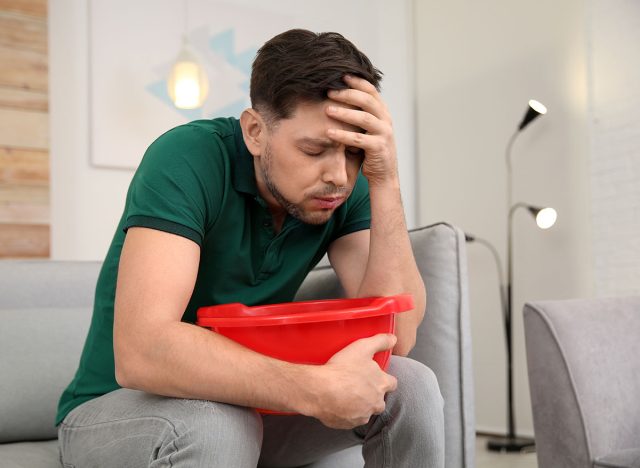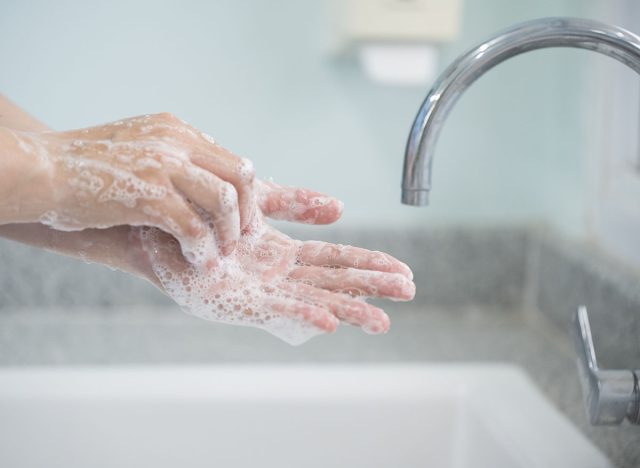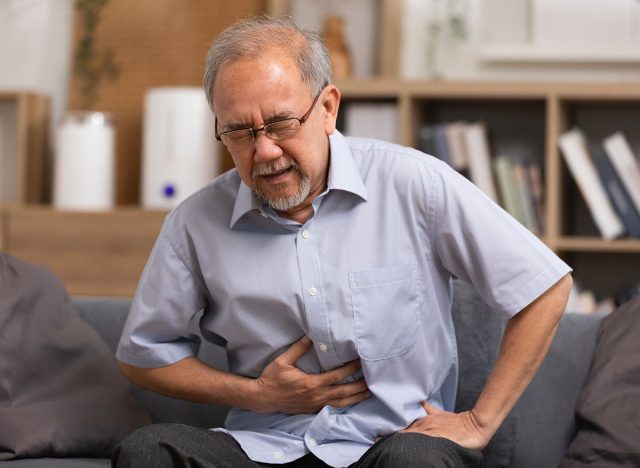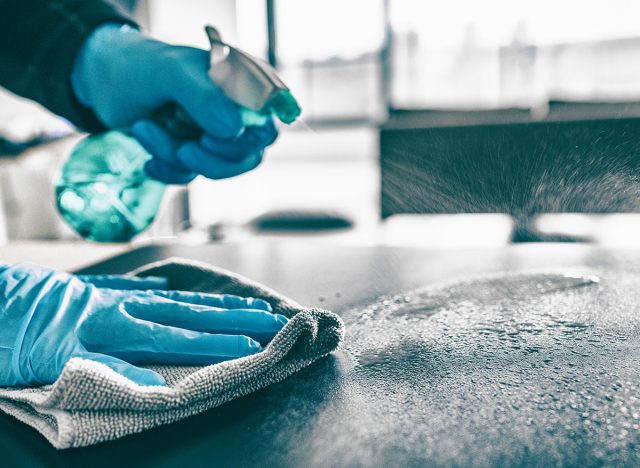CDC Warns of Norovirus Outbreak Across the US as "Stomach Bug" Cases Rise

Norovirus is surging across the United States, with CDC data showing 91 cases reported the week of December 5, a sharp rise from 69 reported the week of November 28. "The terrible thing about norovirus is that by the time you figure out what it is, often it's too late," says Michelle Barron, senior medical director of infection prevention and control at UCHealth. "Everybody has been exposed, and everyone is dealing with it." While most cases tend to happen between November and April, the majority of Norovirus outbreaks are related to food supply, Columbia University Medical School infectious disease professor Dr. Jatin Vyas tells Newsweek. "[Infectious disease experts] think of norovirus as kind of a year-round process, and there's just kind of blips and valleys." Here's how to protect yourself from the outbreak.
Highly Contagious

Norovirus is very contagious and can be spread through contaminated food, water, and surfaces and through airborne droplets when someone vomits. "You are most contagious when you have symptoms of norovirus illness, especially vomiting," says the CDC. "[And] during the first few days after you feel better. However, studies have shown that you can still spread norovirus for 2 weeks or more after you feel better."
Fecal-Oral Route

Darby Luckey, DO, says it's common for the virus to be spread person-to-person via the fecal-oral route. "People hear that and think, 'Ew, I'm eating poop," Dr. Luckey tells Nebraska Medicine. "But really, it's that people don't always wash their hands appropriately. Maybe they're changing a diaper or come into contact with it on their clothes or a towel in the bathroom, and it gets ingested."
RELATED: Expert Reveals Ancient Oil Hack That Melts Belly Fat During Sleep
Symptoms of Norovirus

Nausea, fatigue, stomach pain, diarrhea, vomiting, body aches, and fever are common signs of norovirus. "For most patients, if they're able to rest and stay hydrated, and if the nausea and vomiting resolve within 24 to 48 hours, they should be fine," Dr. Luckey says. "But if the symptoms are so severe that they cannot stay hydrated, they may need IV fluids, even if they are otherwise healthy."
Prevent Dehydration

Replace the fluids and electrolytes lost through vomiting and diarrhea, experts say. "It is important to replace fluids to prevent dehydration," infectious disease specialist Jesse Couk, MD, tells Piedmont Health. "I usually recommend using Pedialyte or a mixture of half Gatorade and half water. In the hospital we can treat dehydration with intravenous fluids and monitor electrolytes for any abnormalities that may occur. Children under 5, adults over 65, and the immunocompromised have the greatest risk of being hospitalized."
How To Prevent Norovirus

Washing hands thoroughly with soap and water is the best way to prevent norovirus from spreading, as hand sanitizer alone doesn't cut it. "Alcohol can't break the shield. A detergent like soap can most of the time," Dr. Barron says. "Be really diligent with hand washing. Make sure you're washing your hands really well with soap and water and that you're cleaning surfaces with bleach. Also, be very conscious about food preparation." And if you enjoyed this article, don't miss 40 Health Symptoms That Can Be More Serious Than You Think.




